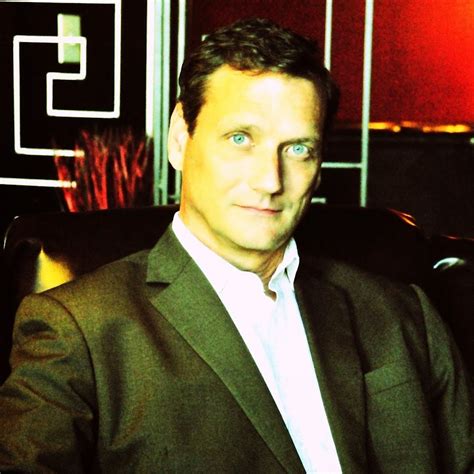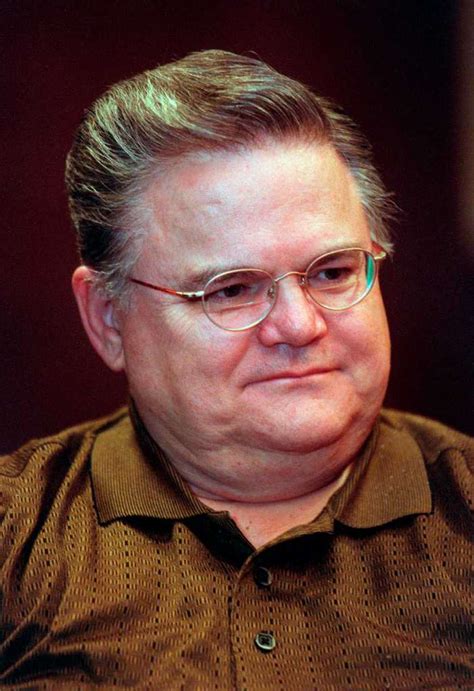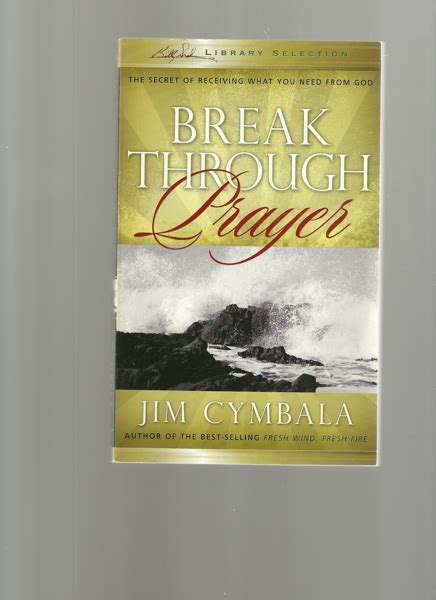A Quote by Robert Hood
I'm not there to impose my religious beliefs on anybody, or say 'this is the only way you should think'. It's up to you to decide, and God is a God of free will.
Related Quotes
The Chief Justice's ... main point seemed to be that the references to God in the Pledge of Allegiance aren't really religious and therefore are not that important - something I would think would offend Christians who think it should stay because it is religious and does matter. Too many Christians appear to be desperate to shore up their failing confidence in their own religious beliefs by having the government officially endorse those beliefs.
We may have created this projection of what God should be, as this judge or test, but the fact is, the only way we know about God is by knowing ourselves in some way. So God must be in ourselves-you can't deny that. If you say that God is somewhere else, which is what a lot of religions say, I just can't deal with it. I guess it's the difference between Buddhism, Christianity, and Judaism, or something.
It is inconceivable that the God who gives Himself in His Son to save us, should have created some people ordained to evil and damnation. There can only be one predestination to salvation. In and through Jesus Christ all people are predestined to be saved. Our free choice is ruled out in this regard. God wants free people, except in relation to this last and definitive decision. We are not free to decide and choose to be damned.
If I had to choose between the two ways of approaching the deity, I should prefer the existential relational way, to the abstract philosophical way. I think it is truer, or in any case, less misleading, to say that God is an old Jew with a white beard whom I love, than to say that God is the ground of being and meaning, or to say that God is a name denoting the ultimate mystery. I prefer the bold primitive colors of the Biblical way of describing God.
If you want to run the show, God will let you. If you want to pull all the strings, that's up to you. If you want to insist that what you are doing is the way it should be done, even when you are not getting anywhere, go right ahead. God will let you run yourself ragged, if you choose to do so. Unfortunately, you may not always be aware that you are in God's way. . . . God has no need to prove to you what God can do.
On religious issues there can be little or no compromise. There is no position on which people are so immovable as their religious beliefs. There is no more powerful ally one can claim in a debate than Jesus Christ, or God, or Allah, or whatever one calls this Supreme Being. But like any powerful weapon, the use of God's name on one's behalf should be used sparingly.
You will find that hardly a soul who will say that it was a bad thing. Almost everybody will say it was a good thing. 'But what about today? Do you think we should have free immigration?' 'Oh, no,' they'll say, 'We couldn't possibly have free immigration today. Why, that would flood us with immigrants from India, and God knows where. We'd be driven down to a bare subsistence level.'
For others the mourning is over. Others would say that whilst one God has died - the God of ontotheology perhaps? - this allows for the good news of a God who is to come, a God who will be better able to gather up and give justice to all the manifold aspirations of human life towards goodness and meaning (and not just to those who are able to fit into a narrow 'religious' framework).
What people need to see is this openness, not this church that is so built on structure and religious order that you can't be free and worship God and have a good time because we're so caught up in condemnation, 'I can't say this I can't wear this I can't do this because of this perception of what a Christian is and is not'. It's not about that. God says 'come as you are'.
God is beyond definition. But according to one's own vision or receptivity, one will define God in one's own way. Some will say that God is all Love. Others will say that God is all Power. Each one will see God according to his own necessity, his own receptivity and, finally, according to the way God wants him to see the ultimate Truth.




































